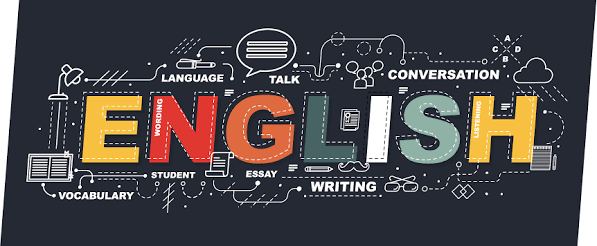The School Management course focuses on developing effective school leaders by acquainting Student Teachers with a number of management skills. Where the teachers’ role is to plan, organize, and implement classroom activities, they can use their effective managerial skills to help the head teachers manage school-wide activities. They can contribute effectively to building schools as professional learning communities by creating a shared vision, fostering collaboration in learning, and challenging their own as well as their students’ conventional assumptions, values, and beliefs. In addition, teachers can contribute to school management while monitoring and evaluating teaching, learning, pastoral care, and co-curricular activities that fall within their purview. Another benefit to including the School Management course in the B.Ed. (Hons) programme is that some Student Teachers may take up the role of head teacher in a public elementary school after completing their studies. They should be well versed in the knowledge and skills required for managing schools effectively.

- Teacher: Shahzaib Khalil
Course Discription
This course will help student teachers to understand various philosophical assumptions and approaches involved in educational process. It will help them to formulate and reflect on their own philosophy of education and help them to see how it influences their beliefs and practices about teaching and learning process.
Learning Outcomes
The course will enable learners to:
1. comprehend the meaning and Scope of Philosophy
2. understand the subdivisions of philosophy and their relevance to educational process
3. analyze the leading Western Philosophies and Theories of Education
4. contextualize how these philosophies help prospective teachers examine their beliefs about knowledge, their practice of ethical values in the school and class room as reflective practitioners
5. analyze how philosophies and theories of education influence curriculum and teaching and learning in schools 6. critically apply the theories of educational thinkers to reform educational policy and practice in Pakistan

- Teacher: Shahzaib Khalil
Description
The course- general methods of teaching comprises the principles and methods used by teachers to enable student learning. These strategies are determined partly on subject matter to be taught and partly by the nature of the learner/prospective teacher. For a particular teaching method to be appropriate and efficient it has to be in relation with the characteristic of the learner/prospective teacher and the type of learning it is supposed to bring about.
This course is an introduction to teaching methods used in primary /elementary and secondary schools.
Because you have been a school student, you will recognize some of these
methods. However, you know them from a student’s perspective rather than from a
teacher’s perspective.
Teaching methods are often divided into two broad categories: teacher-centred methods (also called direct instruction) and learner-centred methods (also called indirect
instruction or inquiry-based learning). An effective teacher knows several methods,
some teacher-directed and others learner-directed. From among these methods, a
teacher selects the one method or combination of methods most likely to achieve a
particular lesson’s objectives with a particular group of students.
Because teaching and learning interact, a course about teaching must also be about
learning. The content and structure of the course is based on two strong claims about
learning. First, learning results from what a student already knows, thinks, and does –
and only from these actions of the student’s mind. A teacher enables students to learn
by influencing what the student does to learn but the student has to do it. Second, as
students progress through school they should learn to become their own teachers.
That is, students should learn how to learn using their teachers as models.
Course Outcomes
By the completion of this course, Student Teachers will be able to do the following:
• Describe and discuss their personal theory of teaching and learning based on a critical analysis of implicit theories formed as Student Teachers.
• Summarize and debate the pros and cons of teacher-centred and learner-centred
teaching methods and state their position as a teacher.

- Teacher: Shahzaib Khalil
